Walking home from work one day during the half-year I lived in London’s Maida Vale (almost three decades ago now), I was just about to turn into an archway leading to the mews house in which I rented a room when into my path a steady stream of grey feathers suddenly began falling. From directly below I couldn’t make out the cause of this, so I ascended to the top-floor patio and climbed the metal stairs to the roof. From this better vantage point I immediately saw that I was being watched in return: looking coolly back at me from the top of the keystone, only ten yards away, were the steady yellow eyes of the falcon I had interrupted in the midst of plucking its prey.
Such moments of encounter with the natural world stick with us. For Mark Cocker, though, they comprise the fabric of daily life in the country and, more importantly, act as a foundation for the human understanding of nature. For many years Cocker published in the Guardian a ‘diary’ of his observations and activities in and about the Norfolk village of Claxton, and he has assembled the best of these entries into an engaging book-length portrait of a region as it makes its way from New Year’s Day through the full cycle of seasons — an ordering that soon had me measuring my progress through the book by noting the month rather than the page number.
Being a naturalist, Cocker’s great strength is in the breadth of his senses: his essays seem to cover almost everything he has seen, heard or smelled in the land around his home. He writes clearly, and with a style that has a ring of poetry about it without being pretentious or precious — though his sentences do have a tendency to grow slightly more, shall we say, lush with the arrival of warmer months. He puts particular weight on the attempt to describe accurately and vividly a range of observed phenomena: a woodcock’s wings ‘make a strange clean snick sound like a linen sheet pulled taut’, while water lilies in May ‘settle at the surface as waxed plates of emerald but rise through the water column of the beck as crinkled fronds of lettuce green’.
This holistic, almost tactile depiction of a natural world lying close at hand is of a piece with his belief that a nature conceived of in the abstract, as ‘a theoretical resource’, is a nature made more vulnerable to the powerful claims of a growth-driven modern world. Cocker’s quiet revolution — or restoration, perhaps — is in getting us to recognise that ‘nature is, in truth, that marsh, that wood, this particular field and even this individual bird’.
Yet he also helps us to see that all of these specific, individual elements are at the same time the inputs and outputs of an incredibly complicated yet almost hypnotically beautiful system of energy and matter in a constant whorl of transformation: sunlight into leaves, leaves into dirt, dirt into worms, worms into falcons, falcons into insects. Tectonics and erosion shape land forms — as do humans — and these in turn shape the evolution and patterns of life. The recently arrived fulmars of the Orkneys use for shelter a dyke made 200 years ago by farmers, and thus, somewhat more than metaphorically, ‘are the geography of this hard salt-fashioned place turned into feather and air’.
Cocker’s writings are, in such ways, an important complement to the BBC-global-epic method of portraying nature. Spending time with his acutely observant essays will convince many readers that the Great Barrier Reef and vast jungles of Africa can be understood best only by first understanding the startling drama, diversity and complicated natural dynamics of a humble corner of Britain. Or, even better, by recognising the nature that surrounds their own homes — and going outside to look and listen and smell.
Got something to add? Join the discussion and comment below.
Get 10 issues for just $10
Subscribe to The Spectator Australia today for the next 10 magazine issues, plus full online access, for just $10.
You might disagree with half of it, but you’ll enjoy reading all of it. Try your first month for free, then just $2 a week for the remainder of your first year.

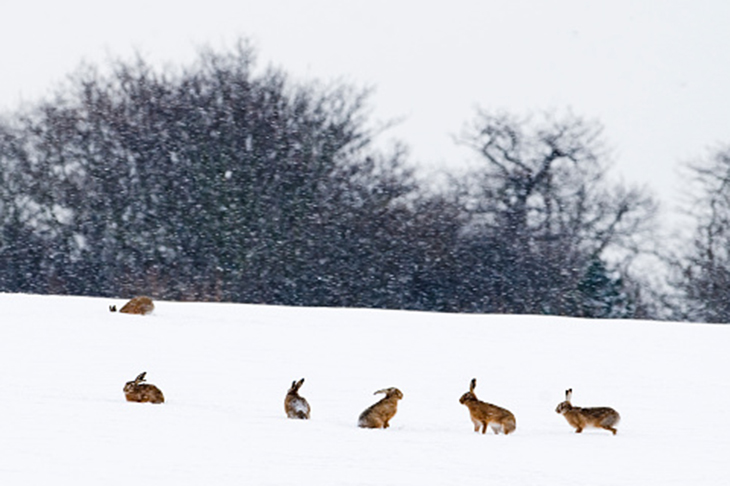
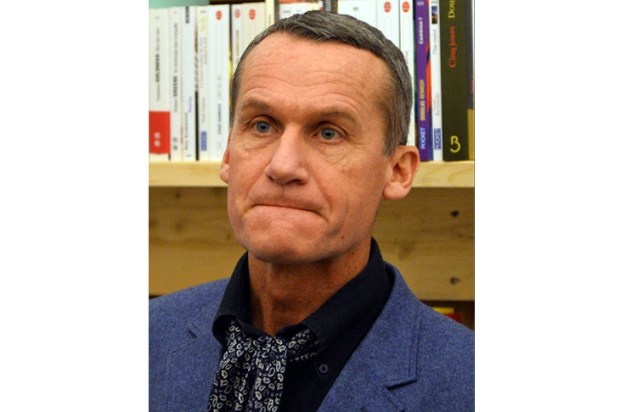

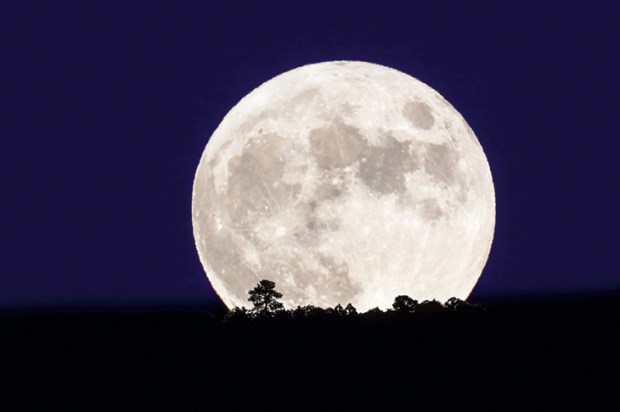
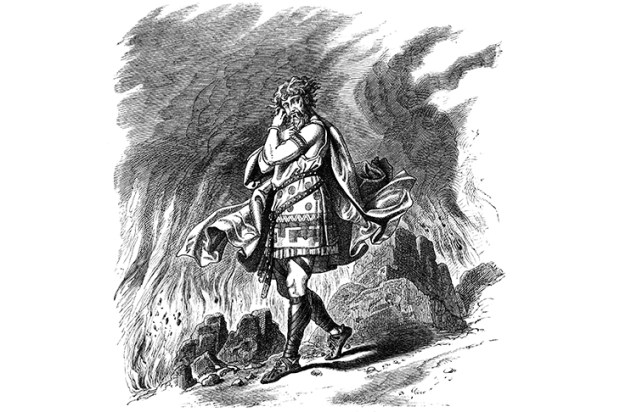
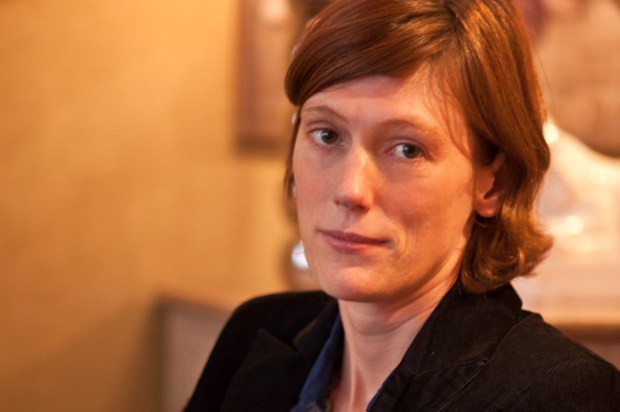







Comments
Don't miss out
Join the conversation with other Spectator Australia readers. Subscribe to leave a comment.
SUBSCRIBEAlready a subscriber? Log in